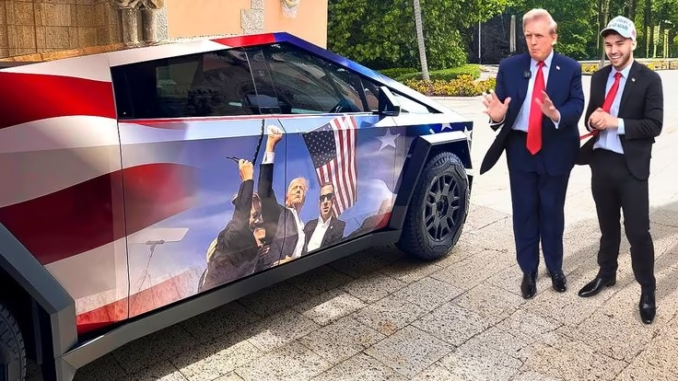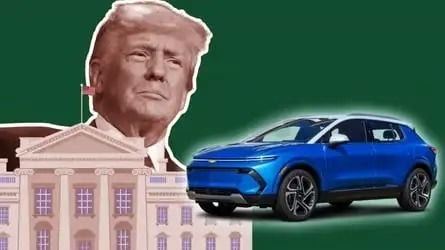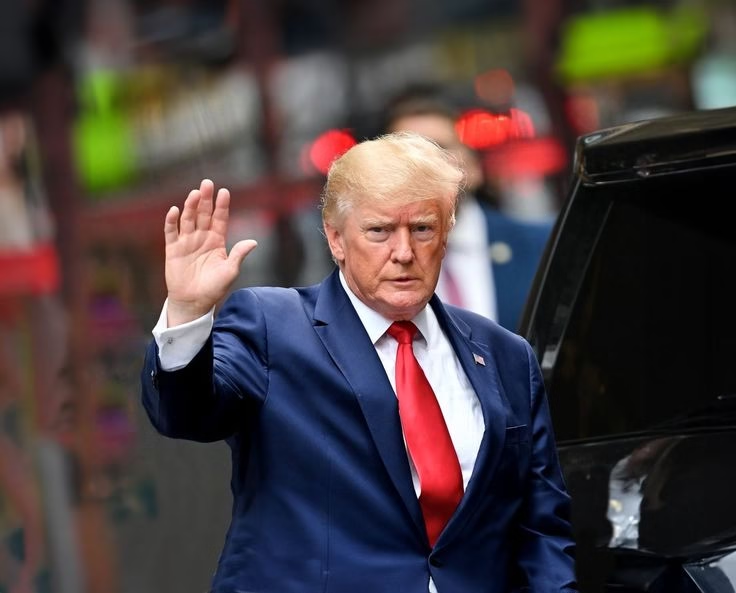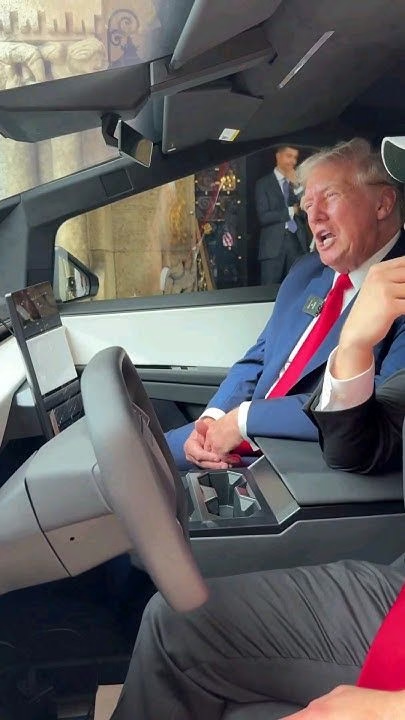
The future of electric vehicles (EVs) is poised for significant transformation under President Donald Trump’s administration. His recent policy shifts and executive actions are set to influence the EV landscape both within the United States and globally.

Reversal of Biden-Era EV Policies
In January 2025, President Trump signed an executive order titled “Unleashing American Energy,” effectively revoking the Biden administration’s non-binding goal for EVs to constitute 50% of new car sales by 2030. This move signals a departure from the previous administration’s aggressive push toward electrification.
Source: apnews.com
Impact on Federal Fleet Electrification
The Trump administration has also targeted the electrification of the federal vehicle fleet. A policy enacted under President Biden mandated that all federal acquisitions of cars and smaller trucks be zero-emission vehicles by the end of 2027. The current administration is working to reverse this directive, potentially slowing the adoption of EVs within federal operations.
Source: reuters.com
Tariffs and Trade Policies Affecting the Auto Industry
The Trump administration’s trade policies, including the imposition of 25% tariffs on vehicles imported from Canada and Mexico, have introduced significant challenges for automakers. These tariffs could lead to increased vehicle prices and disrupt supply chains, affecting both internal combustion engine (ICE) and EV manufacturers. Automakers are preparing contingency plans to address these potential cost increases.
Source: theverge.com

Deregulation and Environmental Standards
A cornerstone of the Trump administration’s approach is the rollback of stringent environmental regulations. The administration has suspended federal approvals for wind projects and frozen funding for solar initiatives, favoring fossil fuel development. This stance could reduce the urgency for automakers to invest in EV technology, as the pressure to meet stringent emissions standards diminishes.
Source: theguardian.com
Implications for Automakers and Consumers
Automakers are closely monitoring these policy shifts. General Motors’ CEO, Mary Barra, has expressed concerns that the proposed tariffs and regulatory changes could jeopardize the company’s plans, including its transition to electric vehicles. The uncertainty surrounding federal incentives and environmental standards may lead manufacturers to reassess their EV strategies, potentially slowing the pace of electrification.
Source: the-sun.com

Global Impact and Market Dynamics
While the U.S. is a significant player in the global automotive market, the worldwide shift toward EVs is driven by a complex interplay of factors, including consumer demand, technological advancements, and international regulatory pressures. European and Asian markets continue to prioritize environmental sustainability, with many countries implementing stricter emissions standards and offering substantial incentives for EV adoption. This divergence in policy approaches could lead to a fragmented global EV market, with varying rates of adoption and technological development across regions.
Conclusion
The Trump administration’s policies are introducing a period of uncertainty for the future of electric vehicles. While the rollback of previous incentives and environmental standards may slow the adoption of EVs in the U.S., the global momentum toward electrification remains strong. Automakers will need to navigate this evolving landscape, balancing domestic policy changes with international market demands and environmental considerations. The coming years will be crucial in determining how these dynamics shape the future of electric vehicles worldwide.

Leave a Reply